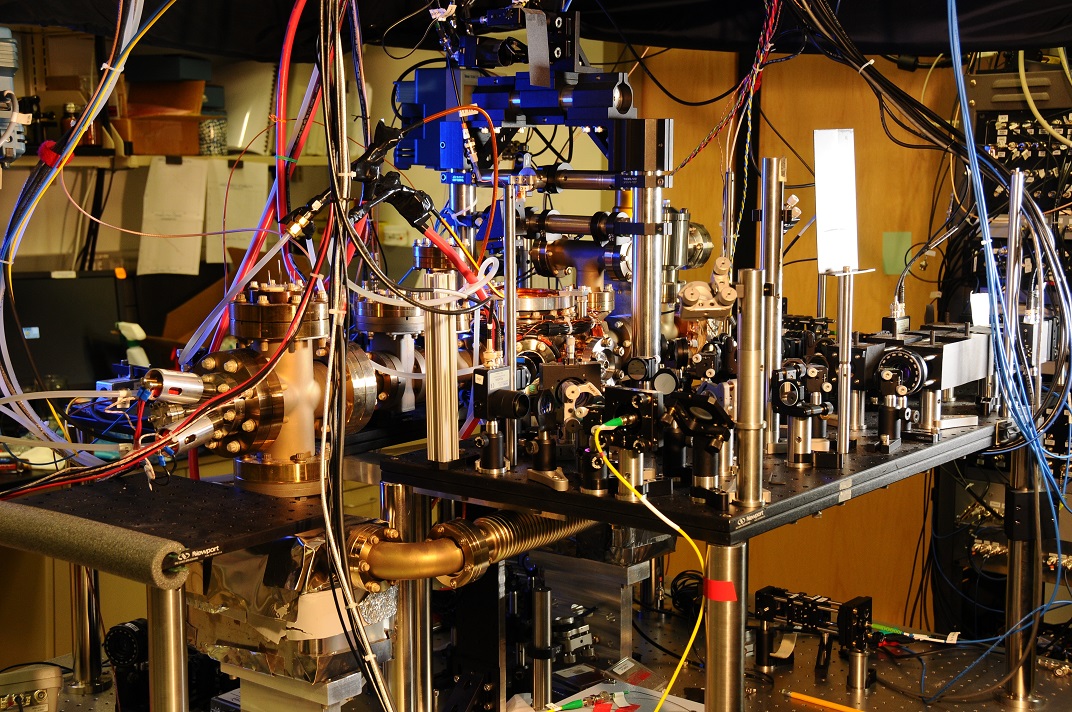
2015 is going to be a slightly longer year than 2014; one second longer to be more precise. At 11:59 pm on June 30, clocks will undergo a “leap second” that will allow Earth’s time to catch up with atomic time; but in doing so, all manner of havoc may ensue across the Internet’s infrastructure.
The reason this misalignment occurs is because atomic clocks are significantly more accurate at keeping time than Earth’s rotation, whose rate of rotational inertia is affected by outside both tides and the changes in Earth’s mass distribution the result from earthquakes and glacial shifts. Atomic clocks, by contrast, never change.
To get time back in sync, a second is periodically added to the Coordinate Universal Time (UTC), the Earth’s benchmark time standard. But the last time this occurred in 2012, wide-scale disruptions ensued all across the Internet, affecting a multitude of Linux and Java based systems ill prepared, along with LinkedIn, Reddit, Yelp, and other major websites.
24 such adjustments have been made since leap seconds were first introduced in 1972. Yet as the number of computer systems and servers syncing with atomic clocks via Network Time Protocol continue to increase, the consequences of inserting an additional second will too.
If commands are issued at the second that’s repeated, the server will be unsure of how to proceed, and may potentially mishandle the data transfer. For example, emails may get lost, scheduled security updates may occur, content management systems may not update, and all manner of other chaotic events may occur.
When the latest leap second occurred in 2012, Google was prepared with a smart update called “Leap Smear” that it developed the year before. Rather than activating the leap second at midnight, the patch modulated a little bit of extra time at a regular interval to catch up to the “leap second” while somehow ensuring that synchronization wasn’t reported inaccurate. Visit Google for a detailed breakdown.
Prior to 1979, leap seconds were added at least once a year, but now, “Earth isn't as slow as it was in the 70s,” states Nick Stamatakos, the head of Earth Orientation Parameters at the U.S. Naval Observatory, which oversees atomic clocks in the United States. “Relative to the 1970s, it's sped up a little bit.”
The big takeaway: unprepared computer systems will require troubleshooting. Perhaps 2012’s example will serve as a big enough deterrence.
Source: CNN
Advertisement
Learn more about Electronic Products Magazine





